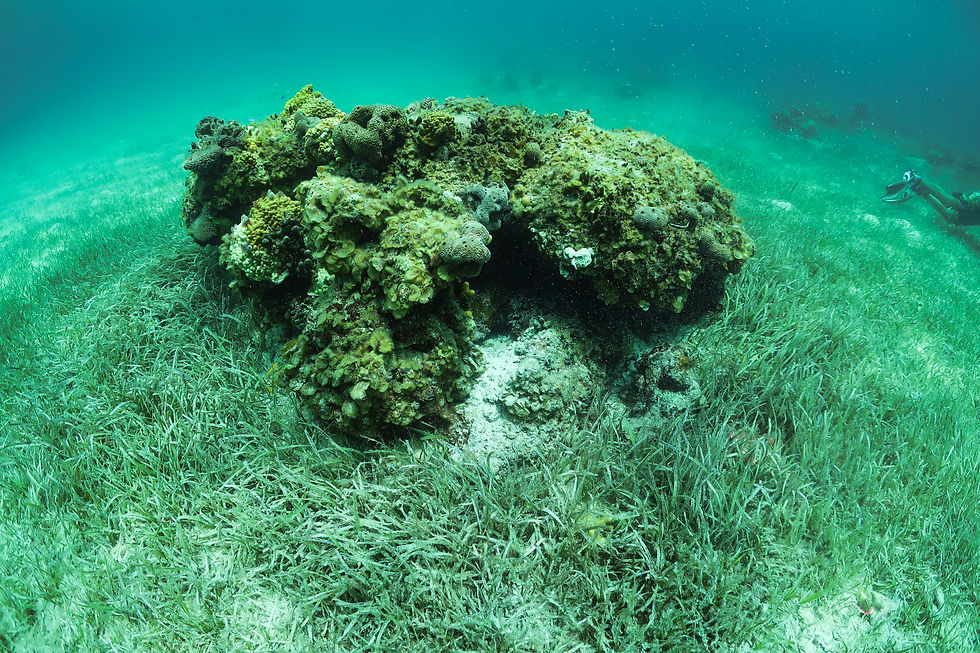RESEARCH
We use data synthesis techniques like meta-analysis, field and laboratory experiments, and observational studies supported by a strong theoretical foundation and rigorous statistical frameworks to address two critical questions: (1) When, why, and how does climate change exacerbate, diminish, or have negligible effects on the negative impacts of invasive species? and (2) Given the types of expected changes to biodiversity and ecosystem structure and functioning from climate change and invasive species' independent and combined effects, can we build ecosystem resilience to these perturbations?

Climate Change
The effects of increasing greenhouse gas emissions on the ocean are varied, ranging from rising sea levels and changing ocean currents and salinity, to declining pH and oxygen levels, and warming waters. These changes have serious consequences for life in the ocean. We aim to understand and predict the consequences of these changes for both human and non-human organisms.

Marine Invasions
Invasive species are one of the leading threats to native biodiversity. Concerningly, both the rate and magnitude of biological invasions are increasing due to the rise in global trade and travel. We study patterns, processes, and impacts of invasive species in marine systems as well as investigate the ecological effectiveness of management actions.

Their Intersection
Climate change and invasive species are two critical drivers of ecosystem change. These widespread stressors may not act independently, as their combined effect can be greater than (synergism) or less than (antagonism) the sum of each stressor effect (additive), inhibiting our ability to predict and manage ecological changes. We aim to understand broad patterns of the influence of climate change on marine invasions, and to generate evidence of any potential for interactive effects between them.

